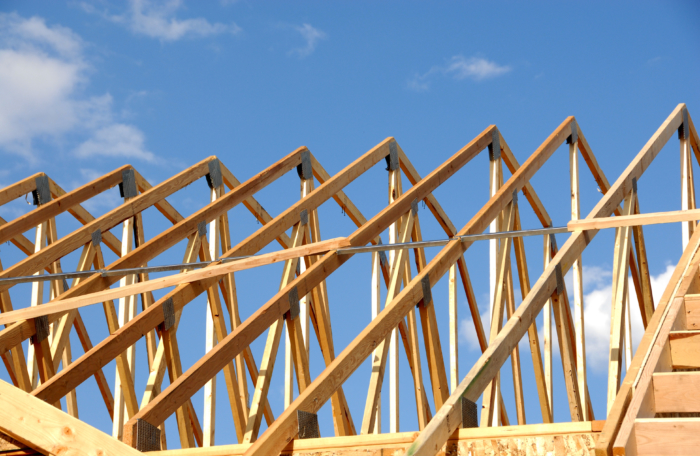N.H.’s Housing Appeals Board: A surgical approach to state land use intervention
The Manhattan Institute has published an analysis of New Hampshire’s Housing Appeals Board that praises the new body as a narrowly tailored, small-government way to address the serious problem of arbitrary and ad-hoc denials of new housing construction. The board “respects localism while attempting to address the state’s housing crunch,” writes author Brian Chen.
Chen sums up the Housing Appeals Board this way:
“Amid worsening housing shortages, states across the country are considering how to reform land-use policy. For a promising model of how to achieve strong reform with relative ease, policymakers ought to look to New Hampshire. Its new Housing Appeals Board (HAB) provides efficient administrative review of local land-use decisions while respecting local autonomy.
“HAB represents a light-touch, small-government approach to state land-use policy. The board cannot review legislative enactments such as zoning or subdivision regulations; local governments can choose to zone however they wish. However, HAB does have broad power to review the discretionary and individualized processes, allowing it to reverse arbitrary and abusive decisions. HAB provides a superior alternative to judicial review, as its structure and process allow for a quicker and cheaper resolution of conflicts than the courts.”
The board serves as an administrative review panel where citizens can appeal local planning and zoning board decisions without having to undertake the expense of going to court. Its purpose is to ensure that local boards are following state law and their own local ordinances and rules.
The board will not fix the state’s severe housing shortage. It is merely a less costly tool for holding local boards accountable should they stray from existing laws, ordinances and rules. The difference it makes will come on a case-by-case basis. Over time, it should begin to discourage boards from making decisions based on political considerations and encourage them to stick with written policies. That should reduce some of the arbitrariness and unpredictability that has made it harder and more expensive for builders to meet the huge demand for new housing in the state.
The board began accepting appeals of local planning and zoning decisions in January. You can follow its cases and keep up with its activities at its website.



